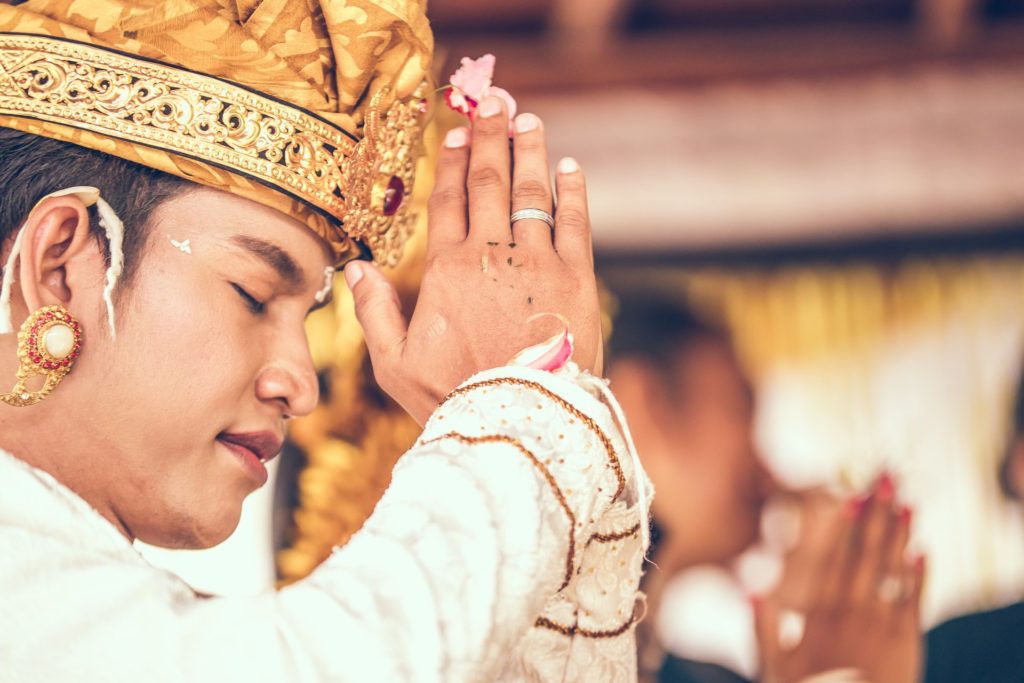When it comes to religion and culture, both of these notions are talked about together as though they hold similar meanings. But is this true? Are culture and religion the same thing? Not entirely. While culture may be a subset of religion in some scenarios, and some would argue that since everything is connected, culture is linear progress of spirituality and religion; there is a vast difference between the two when it comes to their definition and application.
Here, you will understand what religion and culture are, and how they’re connected to each other. You will find a detailed understanding as to whether the two are the same thing or just interconnected in many ways. Stay tuned to get the know-how as to how the two work together and in different aspects.
How Do You Define Religion?
Though people are looking for spiritual awakening in various sources nowadays, traditional religions are still where most people are seeking for connecting with God. Essentially, religions are all about is the belief a person has. It revolved around believing in a supernatural being that has the eternal power, and the being that one worships.
Every person’s religion sets out certain rules out for them that they need to follow. These rules are typically mentioned in all of their holy books. Keep in mind, there is a multitude of religions out there. Christianity, Islam, Judaism, Hinduism, and Buddhism are only some handful of religions that you must hear about commonly. There are many more of these that are present in countries all over the world.
In every religion, the followers have a particular God that they worship and follow the teachings of. While there are differentiations in the details of every religion, most always focus on bringing peace and harmony into a person’s life.
There’s one thing to be noted here, religion mainly refers to a person’s belief in something. So, by following this definition, this means that a person can believe in almost anything and refer to it as their religion. Isn’t that astounding?
Mainly, all over the world, religion has more to do with supernatural intervention than anything else. People divide themselves based on their religion as they believe that their religion’s teachings are entirely different than others, and that their religion’s principles are the right ones.
Another key thing to note here is that, largely, people are highly sentimental when it comes to their religion. With their utmost devotion and love for their beliefs, they carry on to make all sorts of activities that their religion emphasizes.
Now, does this somehow remind you of culture in any way? Religion is mainly made up of spiritual beliefs that a person has. So, why is it associated with culture? Moving forward, we will discuss more in detail as to what culture is, and how it may be similar yet not the same thing as religion.
How Do You Define Culture?
Every group of people that lived together in mankind’s history has had a mutual culture. Culture is more linked to the geographical presence you have as opposed to the spiritual beliefs that you might own, though today due to the rise of the internet you have people that don’t live near each other yet share the same culture. But how does it work?
Culture stems from traditions set earlier in the days that are passed on from generations after generations in families. A society, typically, has a similar way of thinking and behaving mainly because their culture is essentially the same. How is this possible? Does religion have anything to do with this?
The term culture stems from a French word called “colere” which refers to nurturing the earth. So, what do we make out of this analogy? Well, what this directly links to is the growth of a person or a society. When it comes to culture, you take a particular society as a whole to analyze the practices they follow in their daily lives.
For instance, people dressing up and communicating in a particular way directly attributes to what their culture is. The way that people think and their knowledge are largely similar when we talk about culture. This is why they behave similarly.
Many times, the geographical position defines your culture as well. It is quite evident that the culture of the West side of the world is different when compares to the East side of the world. Why is this so? We say that the culture embedded in both sides is different. Therefore, there is such an obvious difference as to how people dress, speak, eat, and appear.
Another thing that aids in the development of culture is the language spoken. Every language has its own etiquette and a manner of speaking. Therefore, every country will have a different culture that it must follow the language they speak. Also, we’re missing one important point here and that is traditions.
The culture revolves around traditions that have been in a particular society for decades. When you question them as to why they dress a certain way, their response often depicts something along the lines of “we have always been dressing up like this”. This refers to their family tree. While there are some modifications over time, many of the traditional aspects of the way a person lives remain similar.
What Are The Differences Between Religion And Culture?
Now, all of this brings us down figuring out how different religions and cultures really are. So, keep your mind open, and try to ponder each of these points, let them sink a little before coming up with a firm opinion.
- Religion Is A Part Of Culture
One thing that is for sure is that a person’s religion forms a part of their culture. How is this so? Well, when a person is following set guidelines as to how to live their lives, their culture is inevitably influenced by it. Make note of how we say it is influenced by it and not entirely changed by it.
Culture is much more than just religion. It covers a multitude of aspects that forms a particular society. Religion is only a small part of what shapes up a society or a person’s culture as a whole. That’s about it. That is the extent that religion is similar to culture- it is only a small part of your culture.
For example a Spanish catholic and an Argentinian catholic both hold (pretty much) the same religion and language, but there are multiple differences between being Argentinian and being Spanish. Another clear example is North Korea in comparison to South Korea.
- Culture Is A Vast Body of Knowledge
As we have mentioned before, culture constitutes a wide variety of aspects and not just the single notion of religion. So, what does it really include?
Essentially, culture is the knowledge that people acquire once they live in a particular society. They learn things, and over time, these things become the common knowledge and practice of people. So, two people living in the same area can have the same culture even if they have different religious beliefs.
So when a group of people is living together almost every aspect of life has its own costumes, its own way of practicing and doing. Music, food, clothing, design, transportation, and communication all have their own unique characteristics that might be influenced by religion, but are not determined solely by it.
- Social Heritage Vs Spiritual Beliefs
When it comes to culture, one should know that it is formed when a particular set of common and broad knowledge is practiced throughout society. It moves from one generation to the next and keeps the same pace over the next generations to come. People don’t question this as they believe that this is a part of what is normal.
Religion on the other hand is linked to spiritual beliefs. It is built on your faith and the practices that your faith asks you to apply in your life. It has the bare minimum to do with the culture of your society. While culture is a broad term that can be applied to a society, religion is perhaps more on the individual level as not everyone practices the same faith.
- Traditions Vs Holy Scriptures
Culture essentially talks about traditions and how people have been following them for a long time. Every society has different traditions and is considered to be more practical. It is how people mingle, dress, and behave with each other. Yet, culture is something dynamic and alive, there is no set-out rule for how to carry out your culture. Instead, it is embedded within the system as a reflection of how people live, and it arises from them.
For religion, however, you have a particular set of scriptures that need to be followed. The holy scriptures say ‘A’ and people must obey. One needs to understand what religion is asking of them, and how it offers them guidance as to how to live life. People’s decisions and ways of living arise from religious beliefs, not the other way around.
See the difference between the two?
- Is There Change In Both Over Time?
Lastly, one of the major differences between culture and religion is the possibility of change. When it comes to religion, the teachings are pretty stagnant and aren’t open to change over time. They have been set centuries and thousands of years ago, and haven’t changed almost since then. These are preset rules in the holy scriptures.
Culture, on the other hand, is easily susceptible to change as you get to progress as a society over time. New and different things spring up that people adopt. Technological, environmental, economic, and political changes and other changes affect culture. In the long run, these changes become a part of the culture of a person and society.
To answer the question, are culture and religion the same thing, we can conclude that they are not. Religion is merely a subset of culture, and culture holds a vast meaning attached to it. While there may be some influence of religion over culture, and religion is definitely a source of power for people looking to overcome difficulties, there isn’t a definitive impact that it may have.








